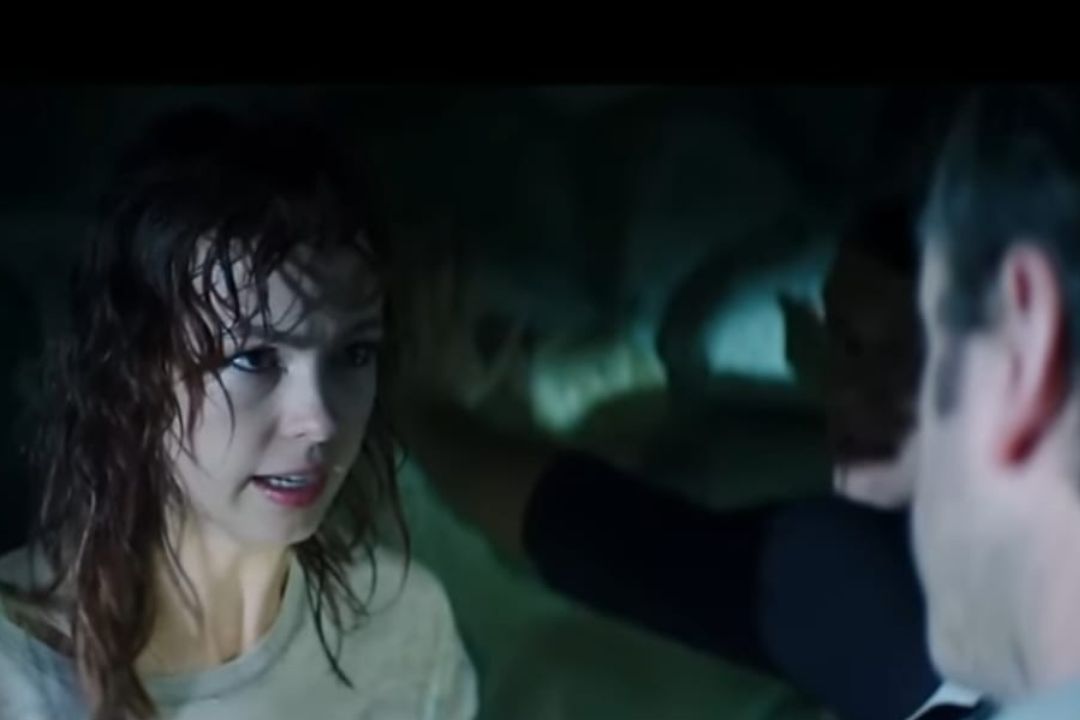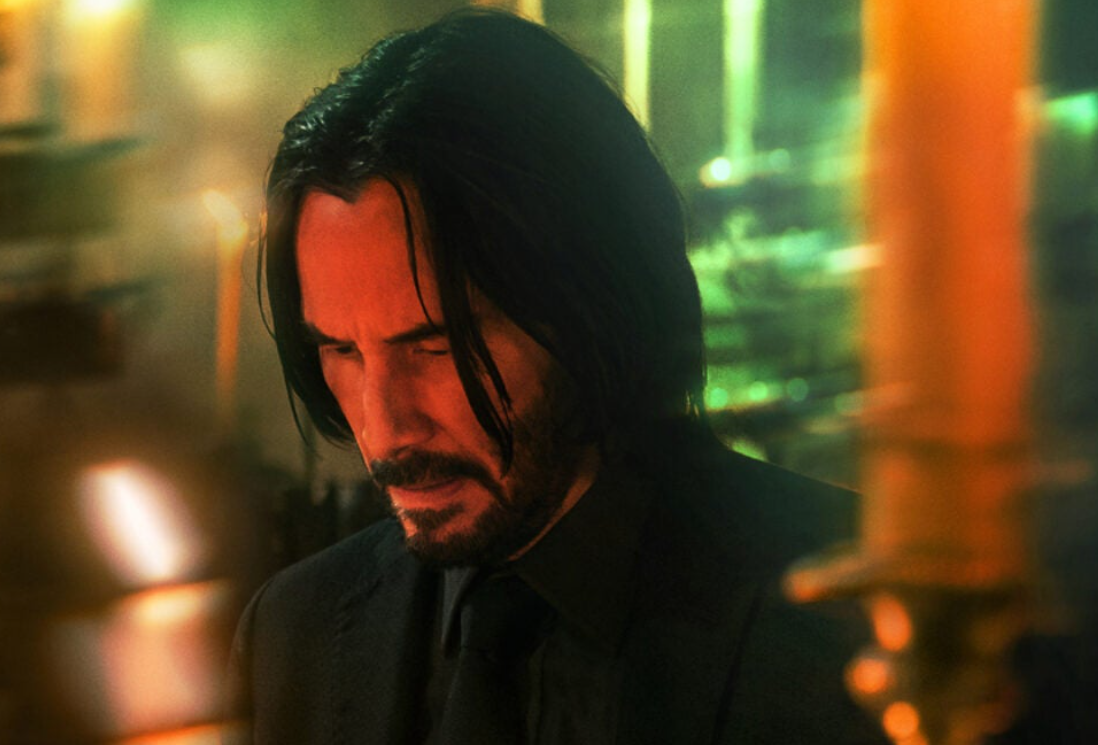15 Unknown Facts About Maya and the Three

via Imago
[data:image/gif;base64,R0lGODlhAQABAAAAACH5BAEKAAEALAAAAAABAAEAAAICTAEAOw==]https://www.staging.netflixjunkie.com/wp-content/uploads/2021/11/maya.png
Created by Jorge R. Gutiérrez and produced by Tangent Animations, Maya and the Three is the new fan-favorite animated show on Netflix. The nine-episode series is about Maya, a badass Hispanic princess who must save the Earth from the wrath of vengeful Gods. Helping her on this quest are the Three Legendary Warriors, who find their roots in various Mesoamerican, particularly Latinx cultures.
Netflix released this animated series on October 22, 2021, and fans haven’t since stopped talking about it ever since. As a result, Netflix has released a number of videos talking about the making of the film. Here are 15 unknown facts about the making of this series celebrating the Latinx and Mexican cultures.
ADVERTISEMENT
Article continues below this ad
Jorge’s personal life inspired many characters and incidents
Jorge’s personal life inspired many characters and incidents. The entire movie is based on his appreciation of Latinx culture. And the first kiss between Zatz and Maya is a parallel between Jorge and Sandra’s first kiss in high school.
Maya is one of the most commonly used names
Mexican animator Jorge R. Gutiérrez specifically chose the name Maya for this eagle warrior princess so that a larger number of viewers could resonate with her even more deeply.
The Eagle warrior princess is based on Jorge’s wife
The protagonist Maya draws inspiration from his wife Sandra Equihua. Sandra was a fiery and rebellious teenager and that is how Jorge came to envision Maya. Jorge also tricked Sandra into voicing Queen Teca. He promised her that the recording would only be temporary, which all viewers know, isn’t quite so.
Our first visit to Teca has a Mexican flag
The Eagle and the serpent have had a huge role to play in Latinx cultures. And the series didn’t fail to pay homage to that. The opening scenes when we first witness the glory of the kingdom of Teca and the battle between Maya, the Eagle Princess, and the Mictlan Serpent are two different visions of the same.
Maya and the Three is all about symbolization
No, we’re not talking about the cultural homage in this Netflix Original. The series really is full of tiny details, each of which means something. For example, Chiapa the jaguar has square spots, unlike the usual jagged black circles. These squares symbolize his belongingness to Teca. The jaguar also has skull spots for all of his victories.
The series is based on Mesoamerican cultures
While this fact isn’t quite “unknown”, there are many details not everyone noticed or knew about.
The land of Teca and the rest of the world of Maya and the Three is based on multiple Latin American countries, cultures, and legends. The Aztecs inspired the land of Teca, the Mayan cultures inspired the jungle lands and Chimi, the Caribbean culture influences Rico and Roosta islands, the Inca culture and the ruins of Machu Pichu kindled the golden mountains and Pichu.
Many of the temples seen in the series are inspired by real-life ruins. The Toad Wizard, played by Filipino American Jeff Ranjo uses real Tagalog in his magic spells.
Jorge had a thing for art museums
Jorge Gutiérrez grew up in the city of Mexico and often frequented the Museo Nacional de Antropologia, which highly inspired the look, theme, style, and entire cinematic experience of the Netflix series.
Skulls are an important part of the series
With skulls of some form hidden in almost every scene throughout the series. Jorge said the number of the skulls was- “too many to count”. Some quick fun facts about skulls in the series:
- Lord Mictlan’s head had two skulls.
- Maya’s Eagle Claw has three skulls, commemorating her three brothers.
ADVERTISEMENT
Article continues below this ad
The creators didn’t hold back on the foreshadowing, either
When Maya first learns about the prophecy, the viewers get a sneak peek of Rico, Chimi and Pichu, under the three symbols representing each kingdom.
ADVERTISEMENT
Article continues below this ad
ADVERTISEMENT
More from Netflix Junkie on Netflix News
ADVERTISEMENT









